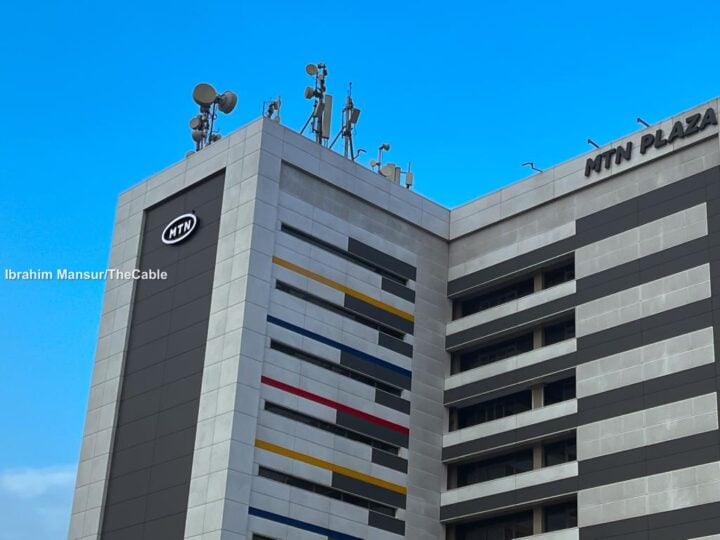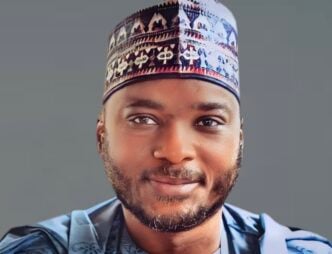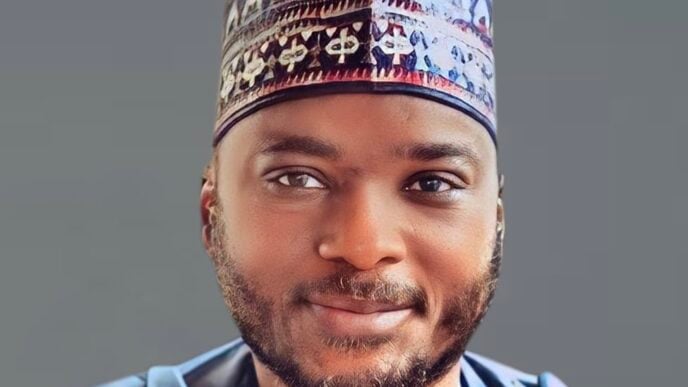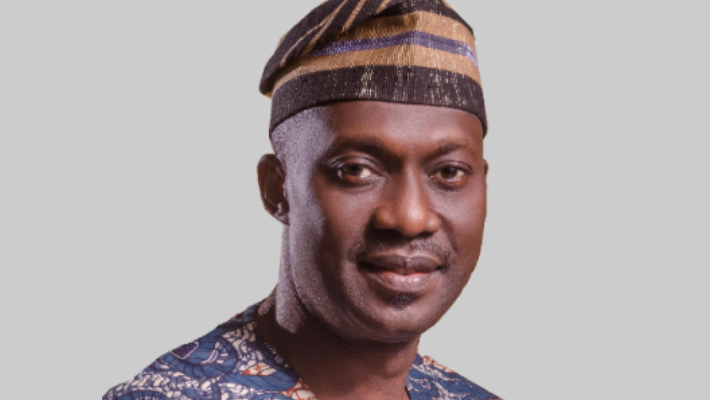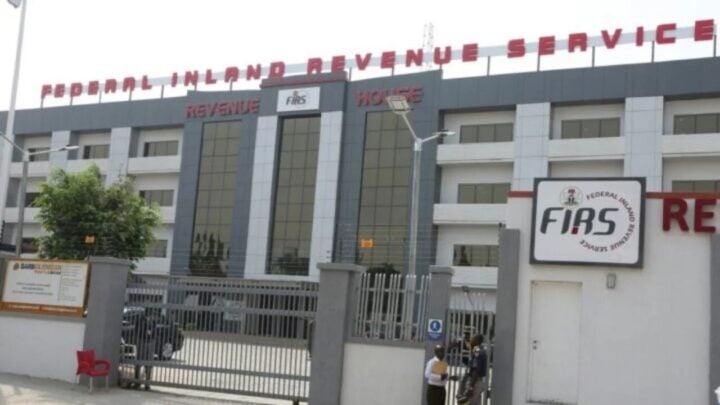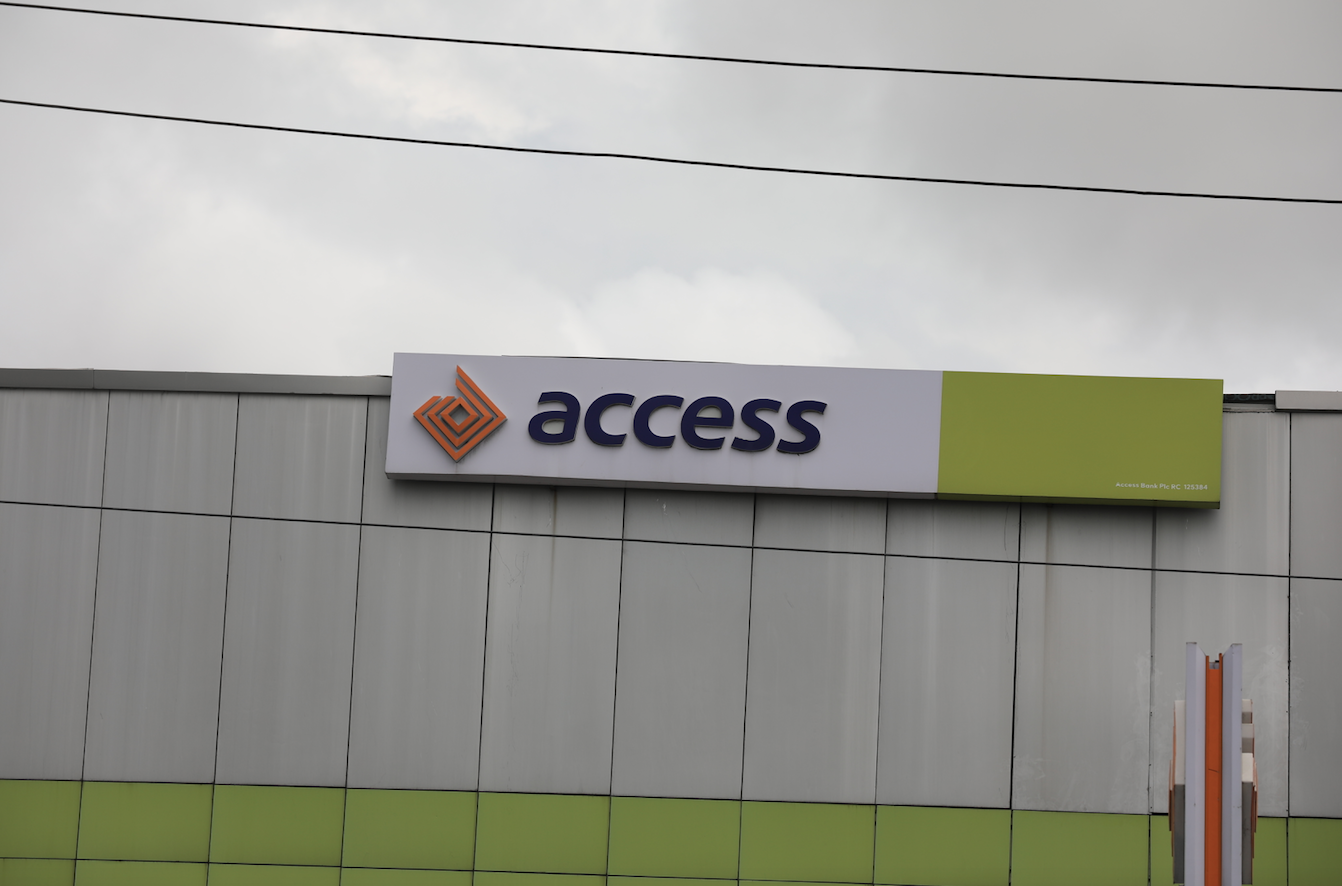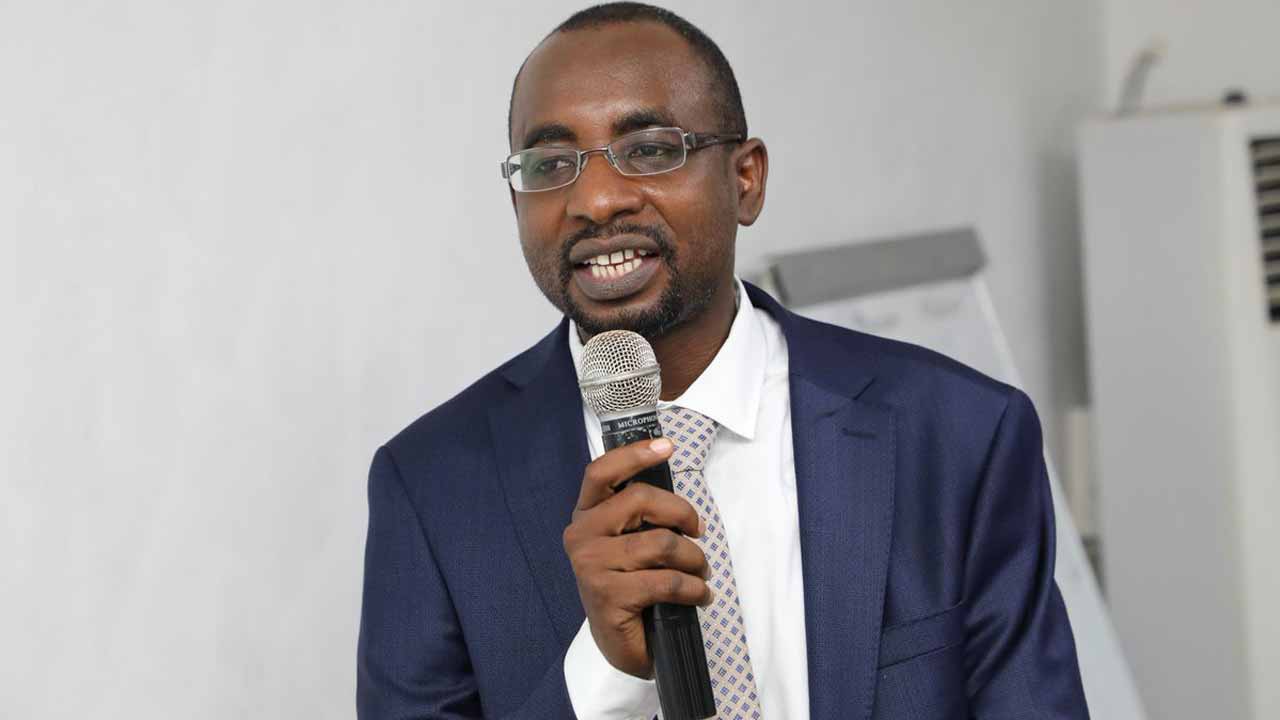MTN Nigeria says there are plans to deploy an artificial intelligence (AI) technology to monitor and protect its fibre optic cables across the country.
The proposed innovation comes amid concerns over the growing spate of telecoms infrastructure vandalism, which have led to multiple cable cuts, and the destruction of towers.
Speaking during a session for the ongoing MTN Media Innovation Progamme, Yahaya Ibrahim, the telco’s chief technical officer (CTO), said the technology will detect vibrations, identify the cause, and alert relevant personnels.
This, he said, would enable the company to promptly deploy agents to the site.
Advertisement
TheCable understands that the system is being developed in collaboration with Huawei Technologies.
Providing data on fibre cut incidents in an email correspondence, the CTO said MTN recorded over 9,000 cable cuts in 2024.
He said 4,700 cables were destroyed as at the end of June 2025 alone, bringing the total to about 13,700 incidents in 18 months.
Advertisement
A breakdown of the incidents by zone showed that about 2,500 cuts occurred in northern Nigeria, 2,800 in south-west, while 3,500 were recorded in the south-east and south-south regions combined.
“If we look at the cuts per region, the Southeastern and South South states have more cuts and this is where we have the most hotspots for Fibre and site vandalism,” Ibrahim said.
“Akwa Ibom, Abia and Rivers stand out in states. While in specific locations Omoku and Egbema stand out for fibre vandalization.”
‘N17 BILLION WAS SPENT ON CABLE REPAIRS IN 2024’
Advertisement
The MTN official said vandalism and road construction account for 69 percent of total cable cuts across the country.
Ibrahim said the incidents often disrupt services, with an average downtime of 15 hours recorded per month.
“Some regions are higher than others,” he said.
“All services will be down, that means no one will be able to use any services.
Advertisement
“We spent N17.6b in 2024 and budget for 2025 based on PO issued for maintenance and relocation is N26.3b.”
In addition to the expenditure, MTN is said to also conduct route patrol, route monitoring, and construction bypass — which involves the creation an alternative route that allows for the temporary or permanent relocation of essential resources around a construction site.
Advertisement
Ibrahim said the telco also invests in having a diverse route for resilience, relocation of fibre, holding stakeholder engagement, and working with communities for policing.
The technical officer confirmed that there are collaborations in place with state and federal authorities to secure fibre routes.
Advertisement
“… especially the CNI and the support has been tremendous, if not the impact would have been worse,” he said.
‘EDUCATION AND COLLABORATION NEED TO IMPLEMENT CNI POLICY’
Advertisement
In July 2024, President Bola Ahmed Tinubu signed a presidential order that designates all telecommunications infrastructure as critical national information infrastructure (CNI).
The move criminalises destruction of telecoms infrastructure, stipulating a 10-year jail term for culprits.
It also prohibits governments from damaging telecoms infrastructure without a court order.
although enforcement has stalled, Ibrahim said the policy has led to tangible gains in terms of infrastructure protection.
“Progress is being made as this is still new, but interventions are in progress to fully operationalize the law,” he said.
Ibrahim stressed the need for more education and collaboration in the practical enforcement of the CNI designation for telecom infrastructure.
“First, we need to educate ourselves on the importance of telecommunication services to Nigerians, how our economic, social, political and security activities are dependent on telecommunications, this is how critical connectivity has become to Nigerians,” the MTN official said.
“When services are down people will not be able to do online bank transactions, the merchants/vendors that sell products online will not be able to sell, if there is a security risk in the household or area you will not be able to get help, the gamers or social media enthusiasts will not be able to use the applications, a sick person will not be able to call for help. The consequences of not having connectivity are far reaching.”
Ibrahim said when education is done, enforcement can take place, adding that safeguarding telecoms infrastructure is everyone’s responsibility.

